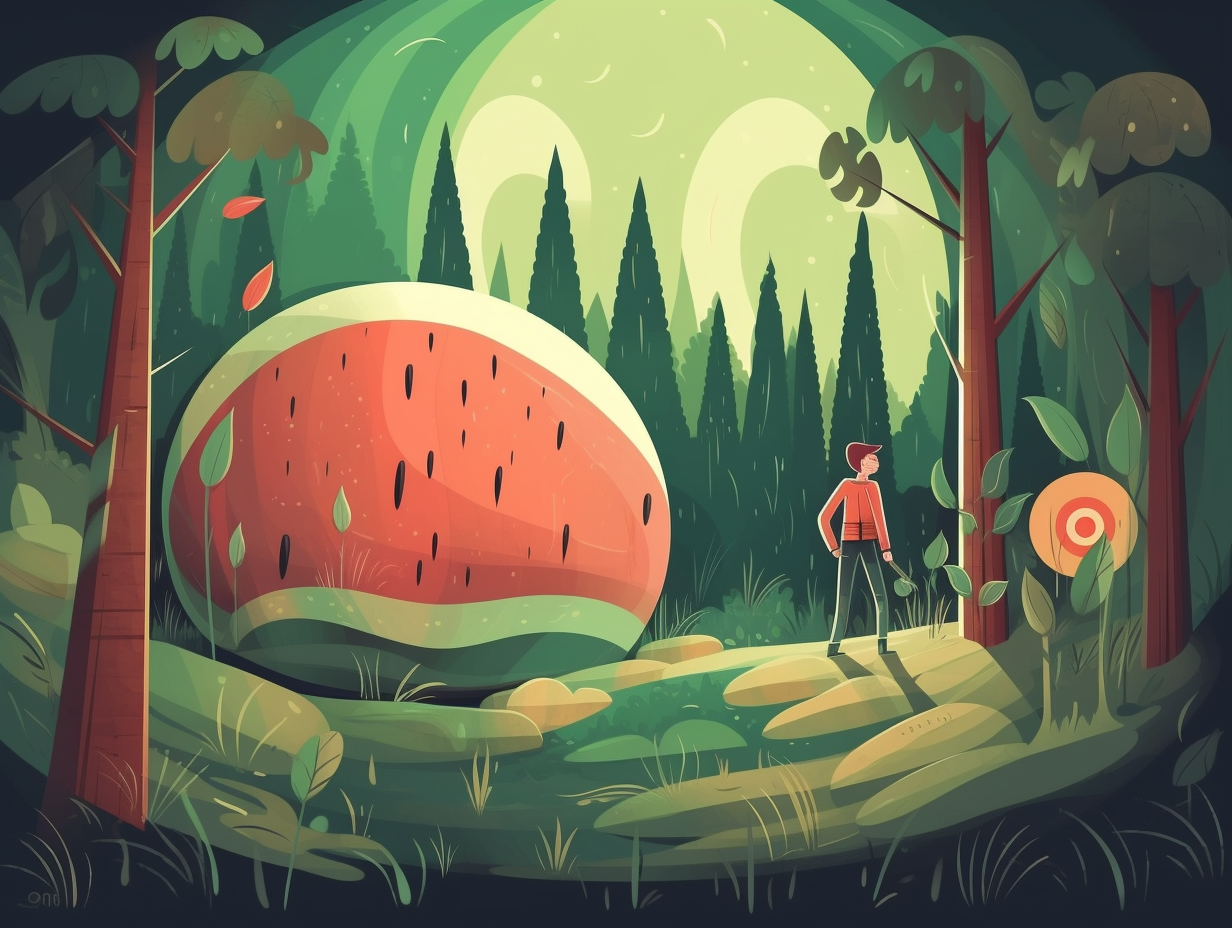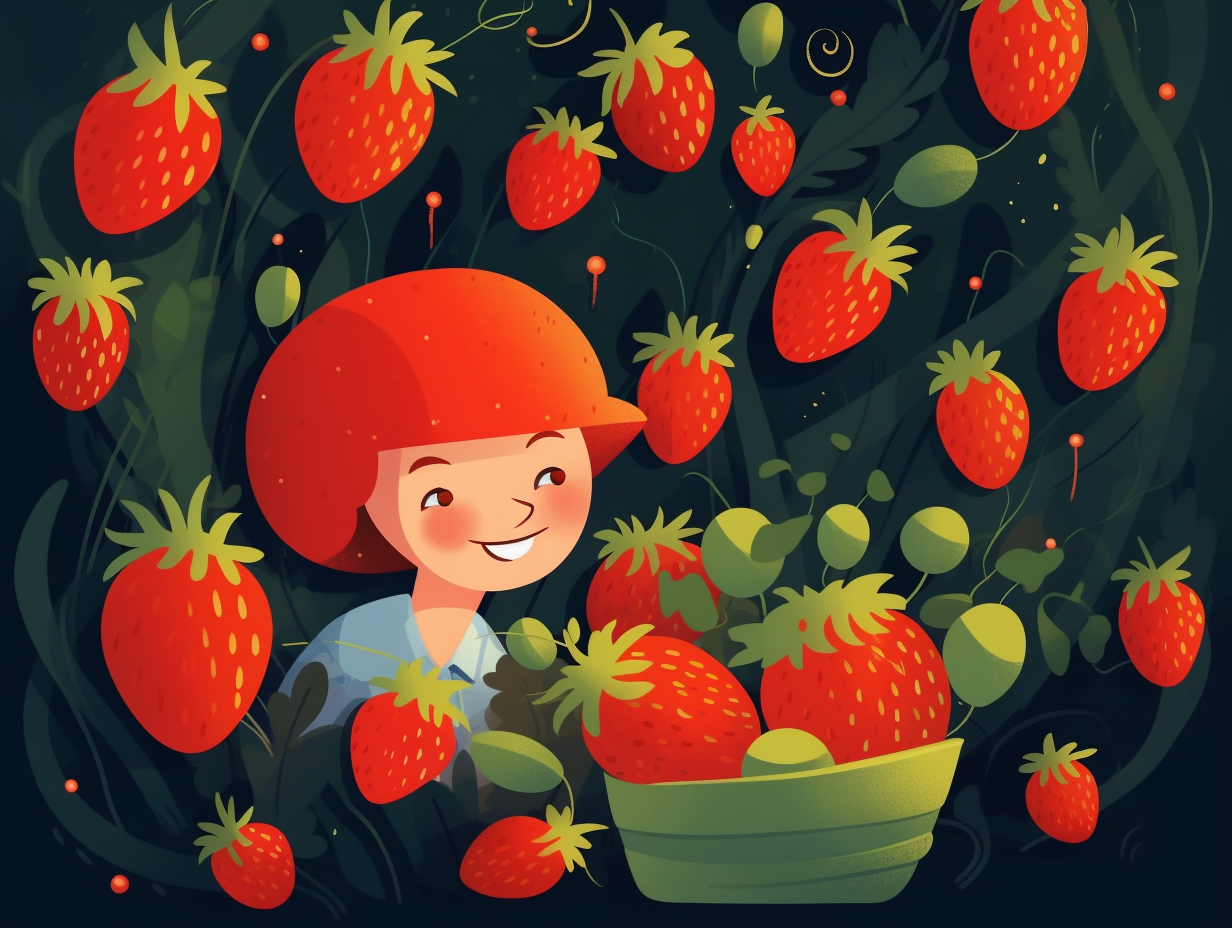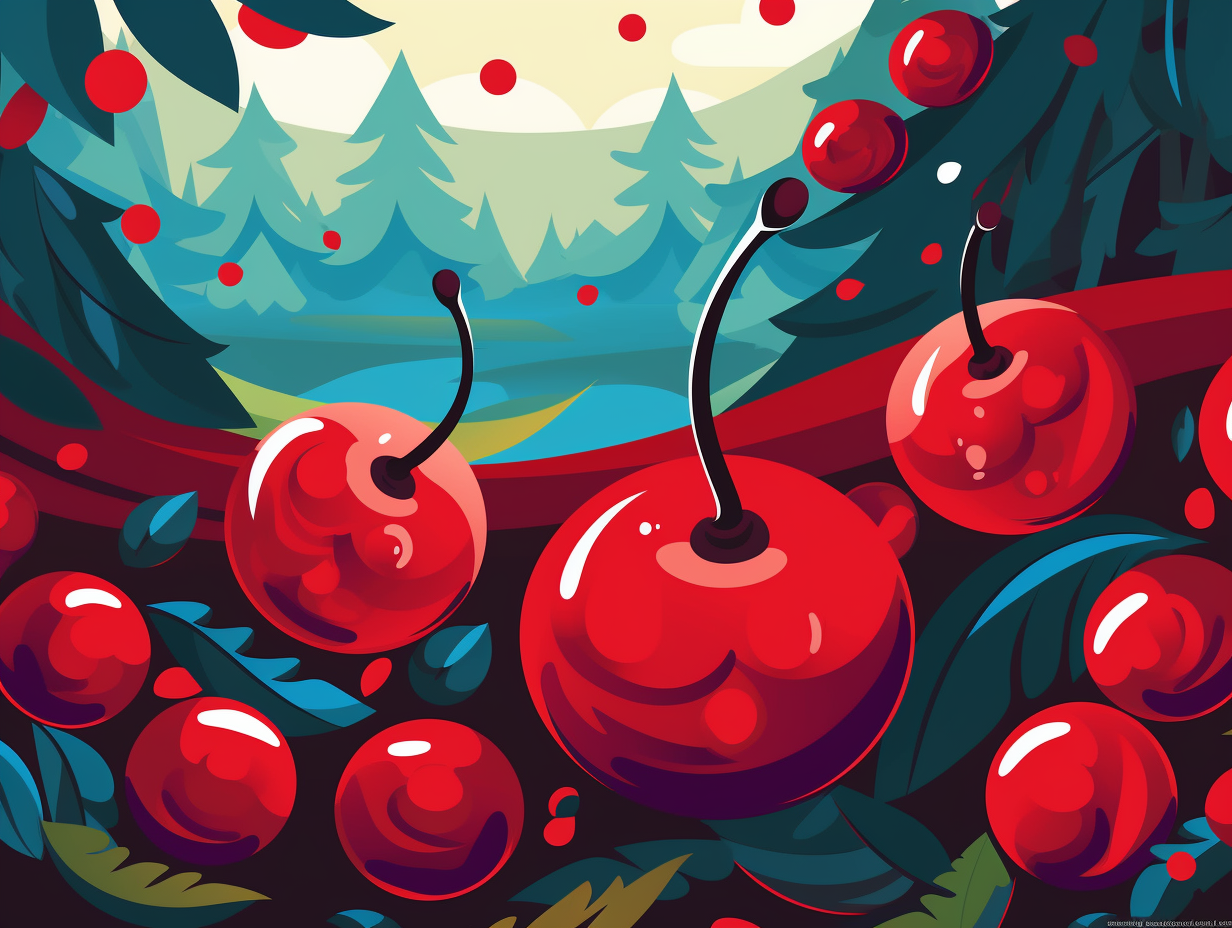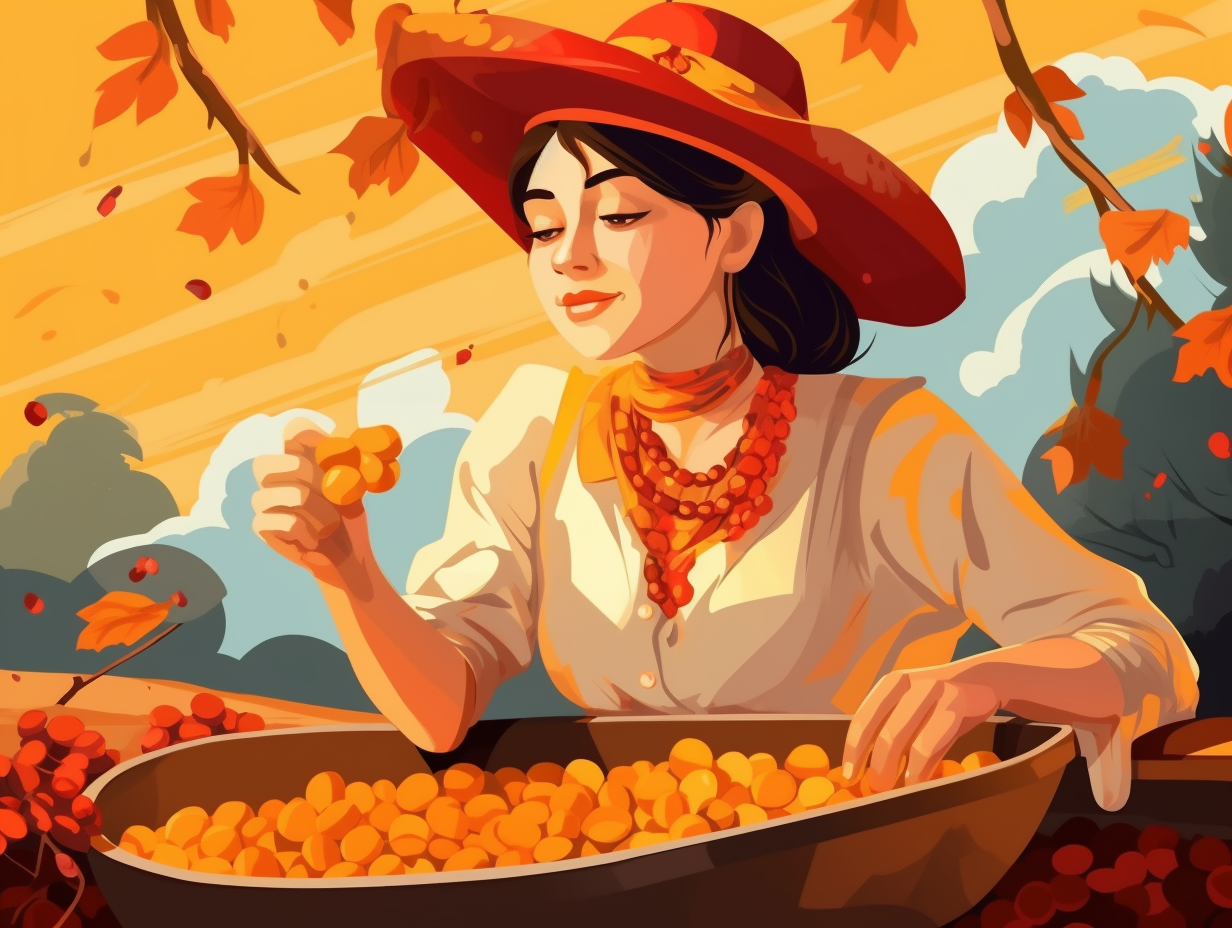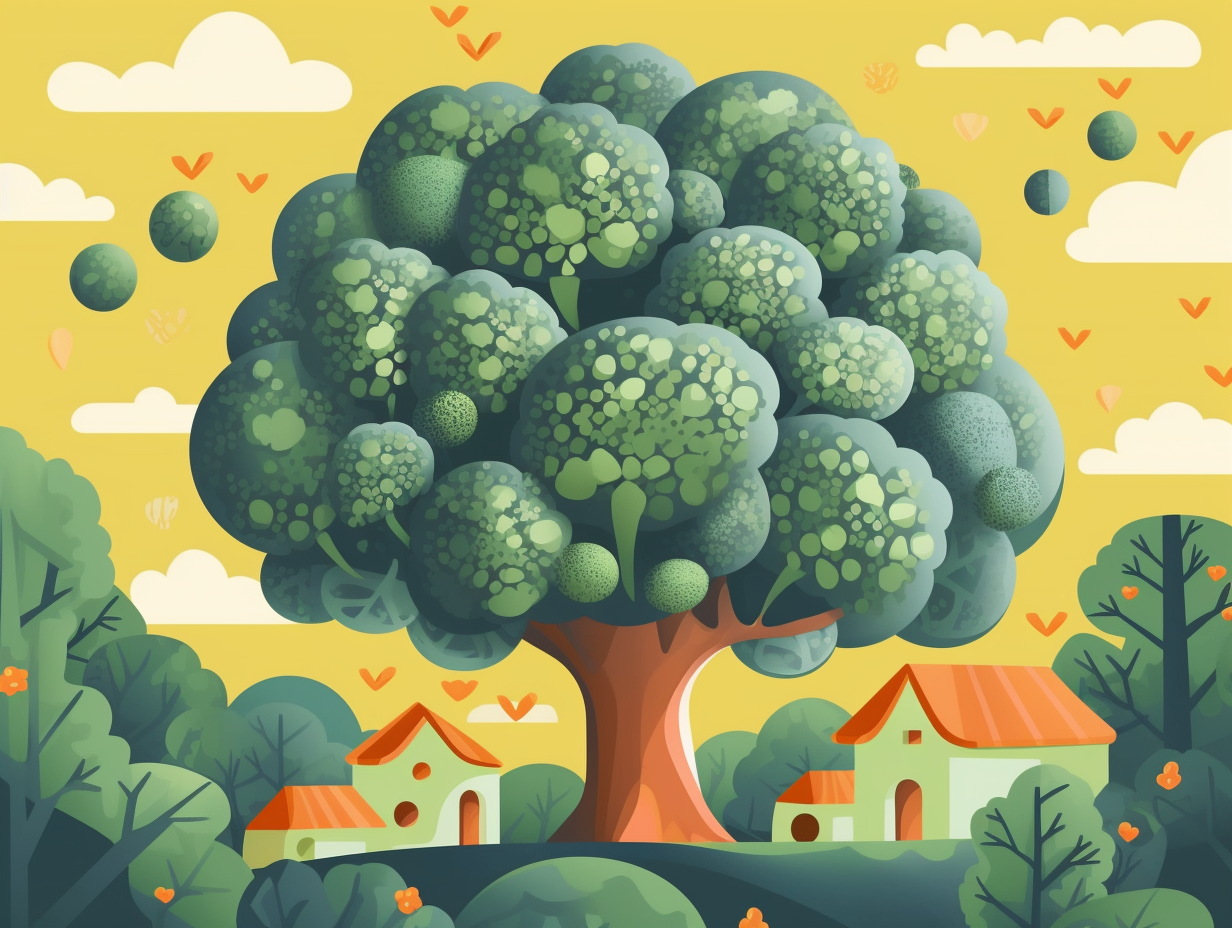Discover the Juicy Secrets: Top 13 Fun Facts About Pineapples You Never Knew!

1. Smooth Cayenne, the spineless pineapple
Whoever said "hope for the best, but prepare for the prickle" must've never met a Smooth Cayenne pineapple: These adaptable fruits have completely evolved to lose their spines, making them far more enjoyable to handle and devour.
Source => home.howstuffworks.com
2. Bromelain: your fruity teeth cleaner
Feeling a bit "pine" in the mouth? Fear not, for the humble pineapple is here to save your smile: this tropical treat is packed with an enzyme called bromelain, which helps remove plaque and acts as a natural stain remover for pearly whites.
Source => alondradentalassociates.com
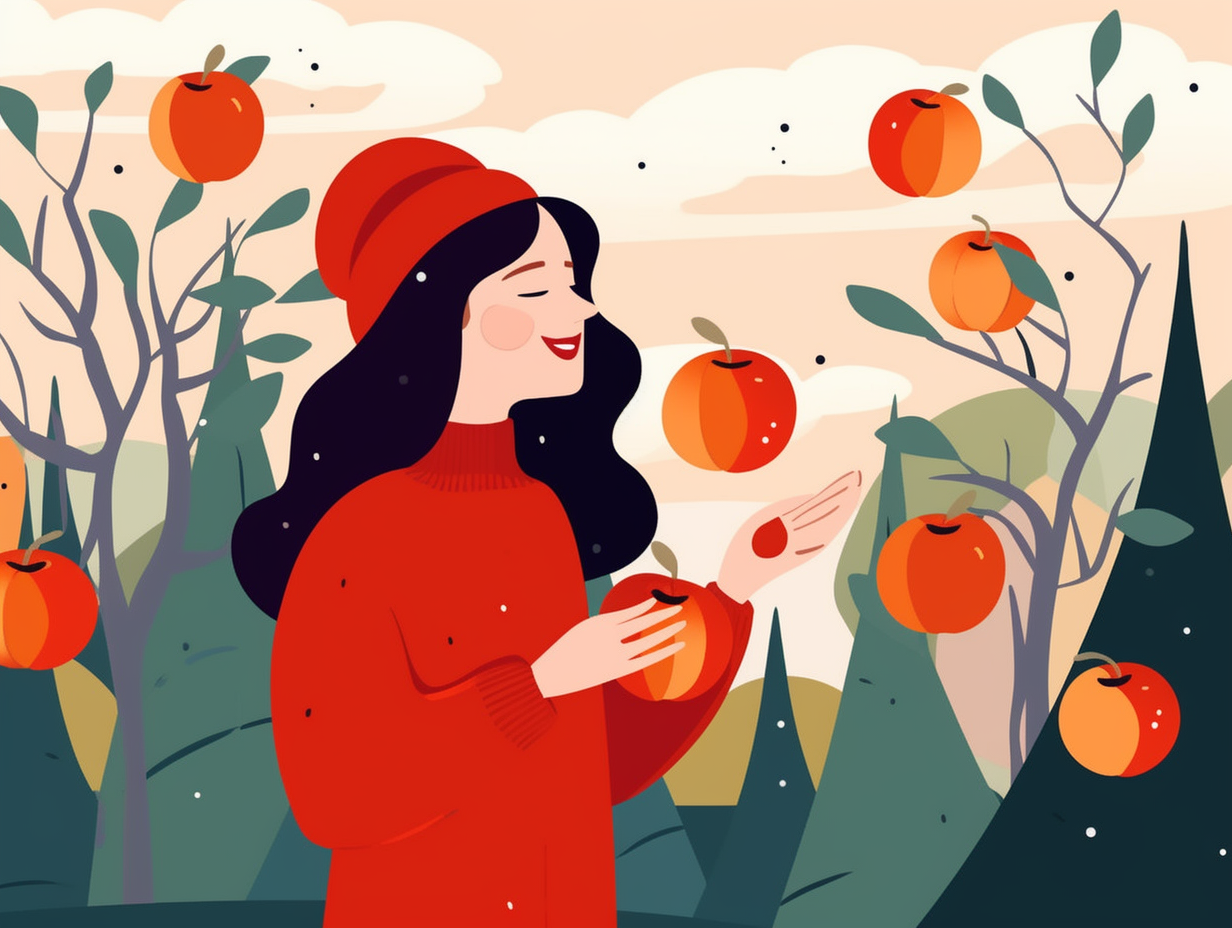
Did you know that blueberries aren't truly blue? Discover the surprising secret behind their deceptive color and the astonishing truth about nature's elusive blue bounty! 🫐🔍🤯
=> Fun Facts about Fruits
3. Pineapple eyes: remnants of a flower cult
Ever wondered if your pineapple was secretly part of a flower-loving cult, joining hands in fruit-y harmony? The truth is in the eyes: Each "eye" on a pineapple is actually the dried base of an individual flower that fused together with its neighbors to create one gloriously spiky fruit.
Source => bestfoodfacts.org
4. Pineapples' one-and-done dating life
Rumor has it that pineapples have a similar dating life to a praying mantis, except they don't go to the extent of consuming their partner after making just one baby: pineapples produce only one fruit per plant, but you can keep the family legacy going by growing new plants from their baby 'suckers' that form at the base of the parent plant.
Source => hgtv.com
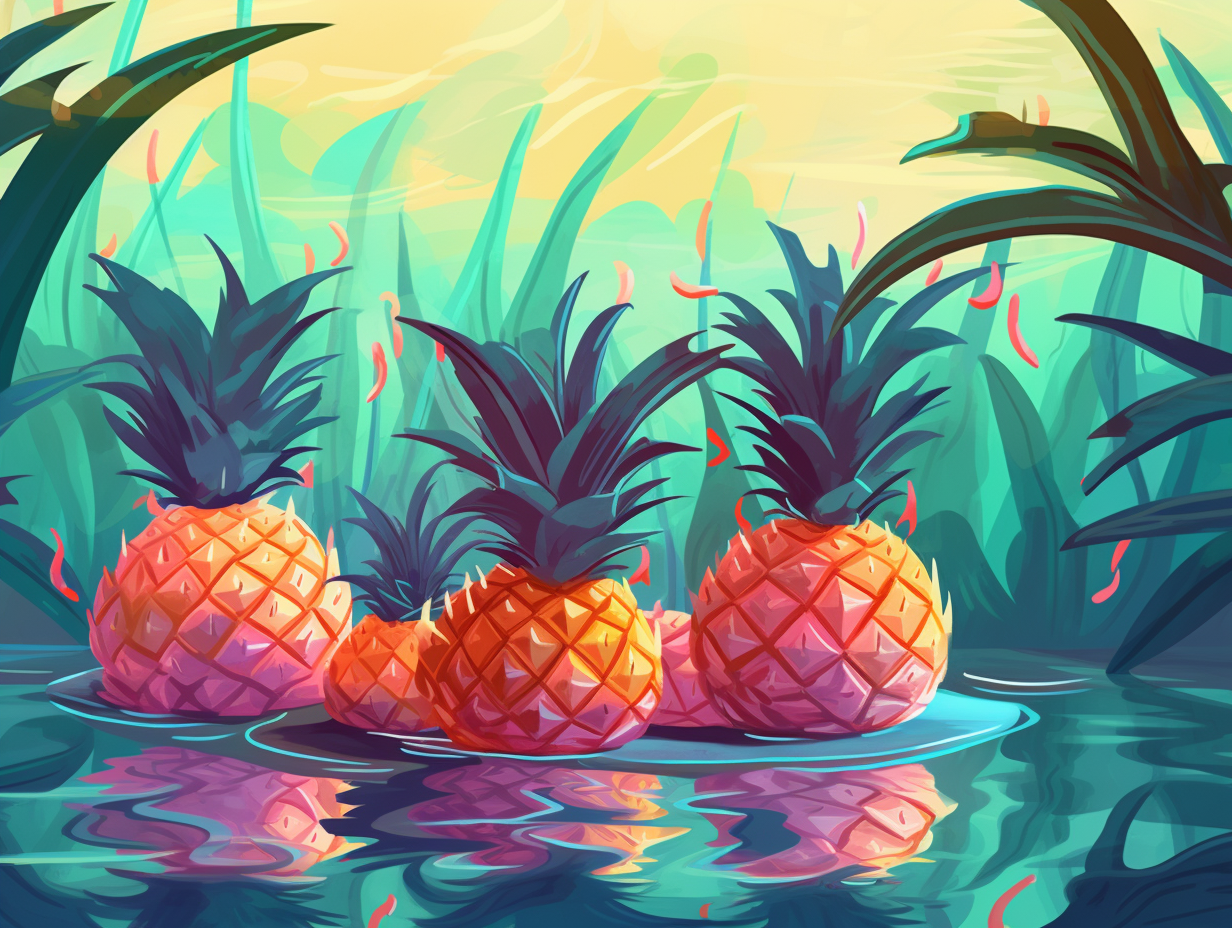
5. Pineapple: the colonial Gucci fruit
In ye olden days, colonial Americans couldn't get their fruity fix with a mere trip to Ye Olde Walmarte—they busted out their quill and checkbook after taking a gander at the most prestigious pineapple: the Gucci of the fruit world! Behold the reveal: Pineapples were considered a luxury fruit in colonial America due to the perilous journey from the Caribbean, making them rare, expensive, and the ultimate status symbol that evolved into a popular emblem of hospitality.
Source => iup.edu
6. Rent-a-pineapple, the 18th-century fad
In a world where fruit-based status symbols held sway, the pineapple emerged as the ultimate "it" item, shelling out their spiny exterior for expensive soirees and posh nuptials: Back in the 18th century, pineapples were so scarce and pricey that they were rented – at the modern equivalent of $8,000 a pop – as a testament to wealth and prestige during special events, rather than being purchased outright. The allure of the princely pineapple endures even today, as the fruit still finds itself adorned atop centerpieces and gifted in plush packaging.
Source => foodbeast.com
7. Pineapples, the 16th-century fashion statement
Before Gucci belts and Versace scarves were all the rage, the 16th-century elite accessorized with a juicy, tropical twist: Pineapples were the ultimate status symbol during this era and were so coveted that they were rented out for an evening's worth of flaunting. But don't go crediting Christopher Columbus for this sweet fashion statement; contrary to popular belief, the pineapple was already being cultivated in Guadeloupe by the locals before he even laid eyes on it.
Source => historic-uk.com
8. Making pina colada with a vino twist
If you've ever thought of making a pina colada with that sweet vino twist, consider this your sommelier moment in the sun: for the perfect pineapple wine, always go fresh or bottled in glass or plastic, as using canned pineapple juice can result in that 'tinned' aftertaste that would have even the most mischievous wine-wizards cringing.
Source => practicalselfreliance.com
9. Pineapple growing: the patience game
You might say growing pineapples is like a game of "Fruit Ninja Meets Waiting for Godot": a test of patience that'd make even the most Zen of gamers throw their controller in frustration! But fear not, eager pineapple planters: pineapples don't grow from seeds, but from slips, suckers, and crowns, taking up to 24 months to mature and another 6 months for fruit development. So, while you wait for your pineapple to sprout, you've got plenty of time to master your Zen techniques (or your gaming skills).
Source => thespruce.com
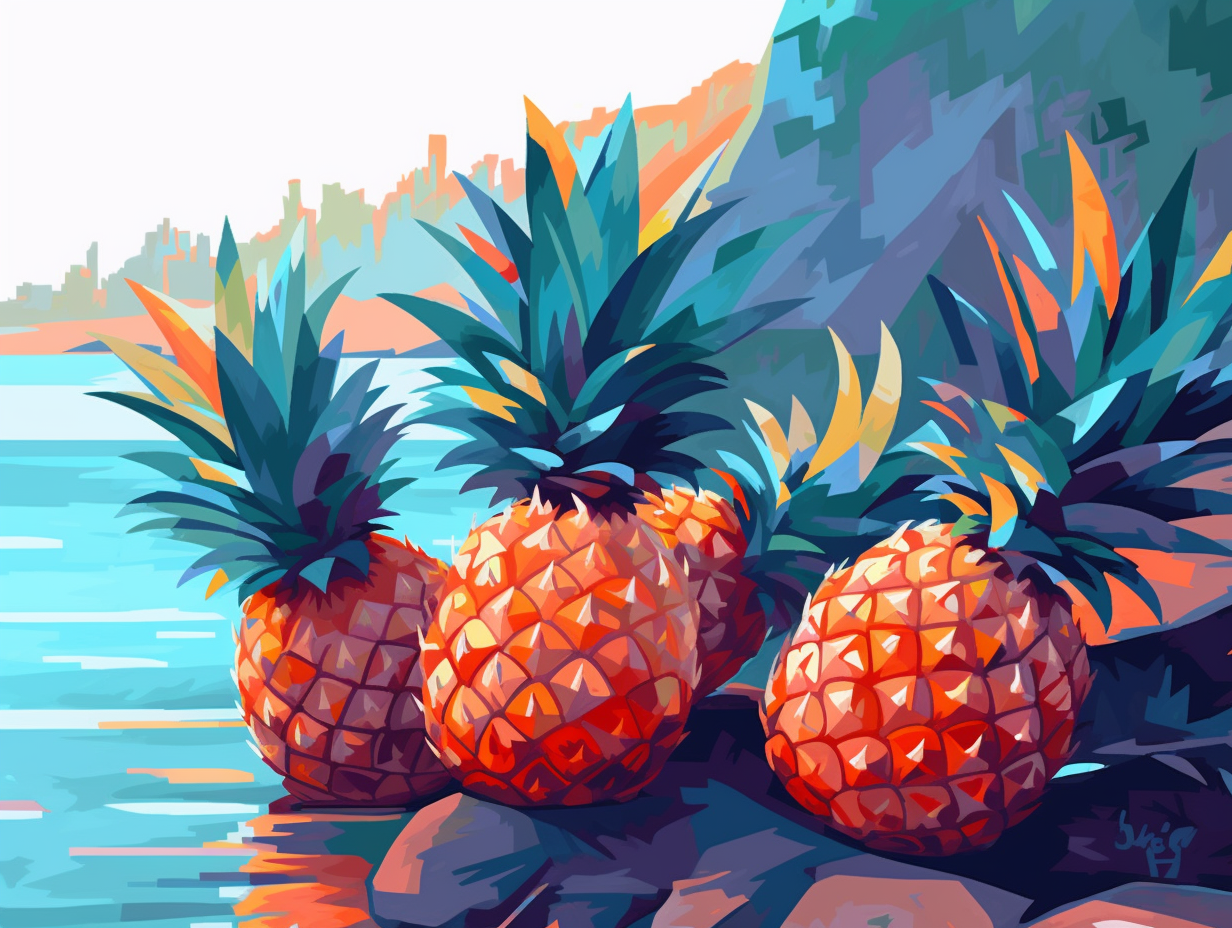
10. Pineapple flavor, courtesy of nature's thermostat
Pining for a pineapple with just the right zing? The secret to unlocking your fruit's true potential lies in its tropical vacay itinerary: Pineapples grown in warm temperatures with colder nights boast a higher acid content, while their sun-soaked counterparts pack a sugar-laden punch. The altitude at which they're grown plays a part too, with Kenyan and Ecuadorian mountainsides producing pineapples with a varying taste profile.
Source => livestrong.com
11. Pineapple: pines' misunderstood fruit cousin
When love-struck pines whisper sweet nothings to their cones and mistook fruits listen in: The English named the tropical fruit "pineapple" in 1398 due to its uncanny resemblance to the conifer tree's intimate reproductive organs, now known as pine cones. Across the pond, the Spanish and Portuguese skipped the botanical innuendo with "piña" and "abacaxi," while the original term "ananas" stems from the Tupi language, meaning "excellent fruit."
Source => eurologos-milano.com
12. Pineapple's edgy political campaign
If a pineapple were to run for political office, it'd campaign on a platform of slow and steady growth combined with an unapologetic edgy fashion sense: It takes a pineapple plant up to two years to mature and produce a single full-sized fruit while stunning onlookers with its long, sword-shaped leaves arranged in a chic rosette pattern.
Source => homeguides.sfgate.com
13. Elvis the Pineapple: using fronds to check for ripeness
Oh, pluck me tender like an elegant Elvis impersonator serenading pineapples: the ease with which you can pull a leaf from the top of a pineapple, known as the fronds, is actually a reliable indicator of its ripeness – one of five factors including color, weight, scent, and firmness that's crucial for a fruit that's truly the King of Juiciness!
Source => allrecipes.com
Related Fun Facts


